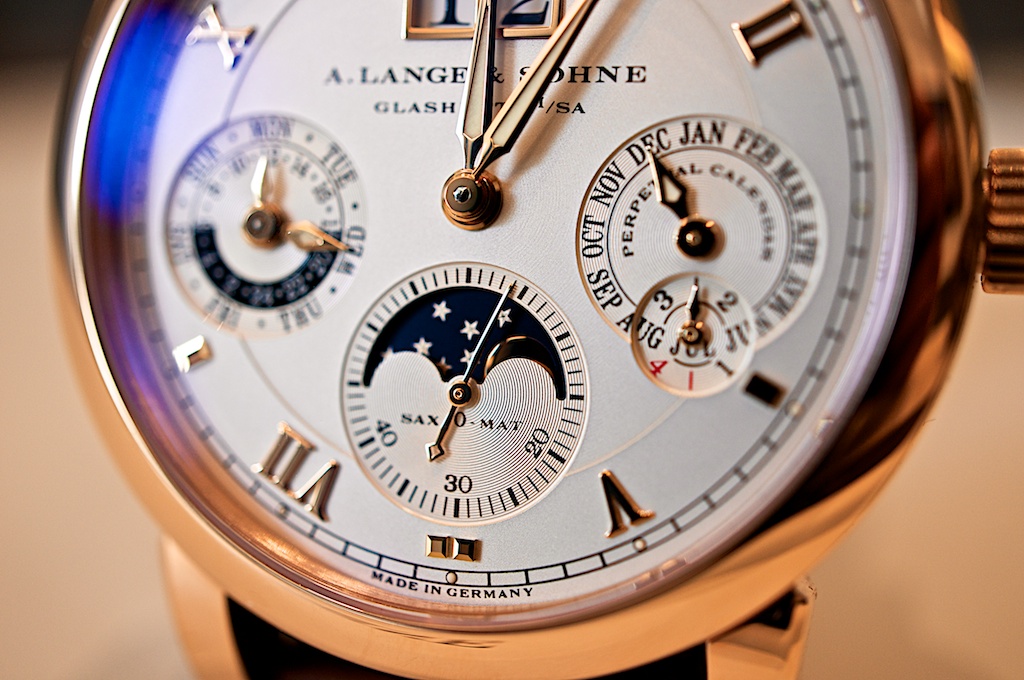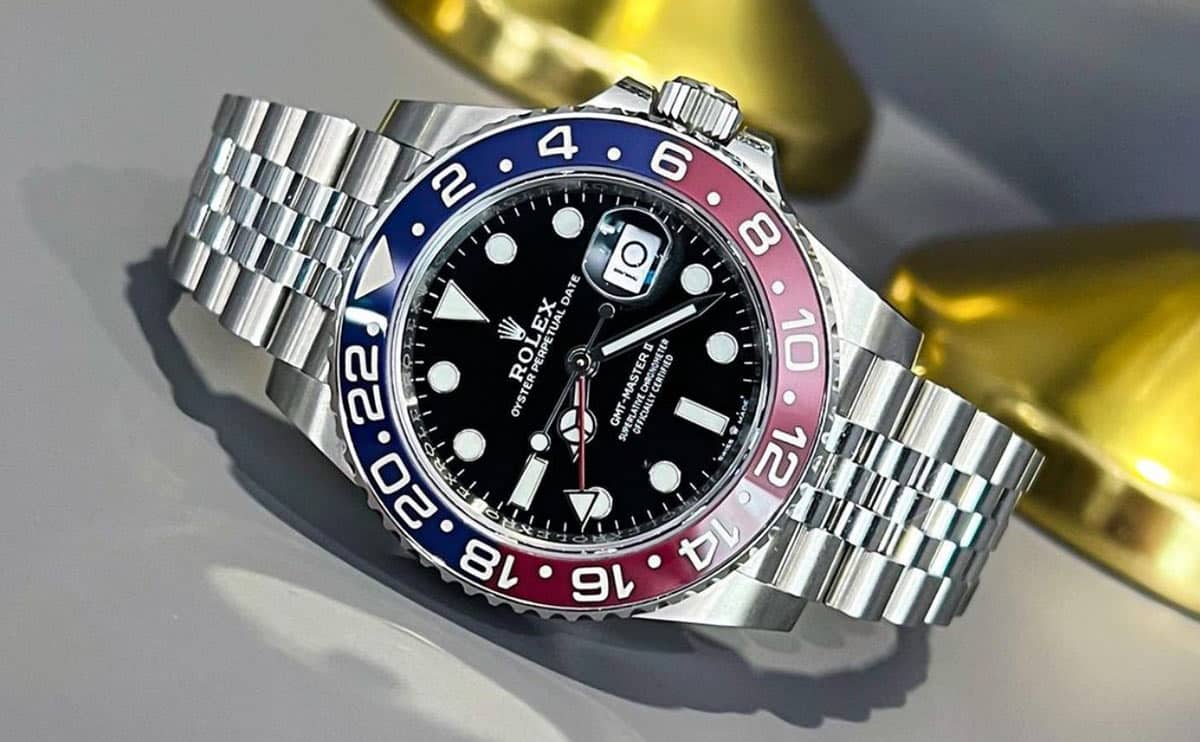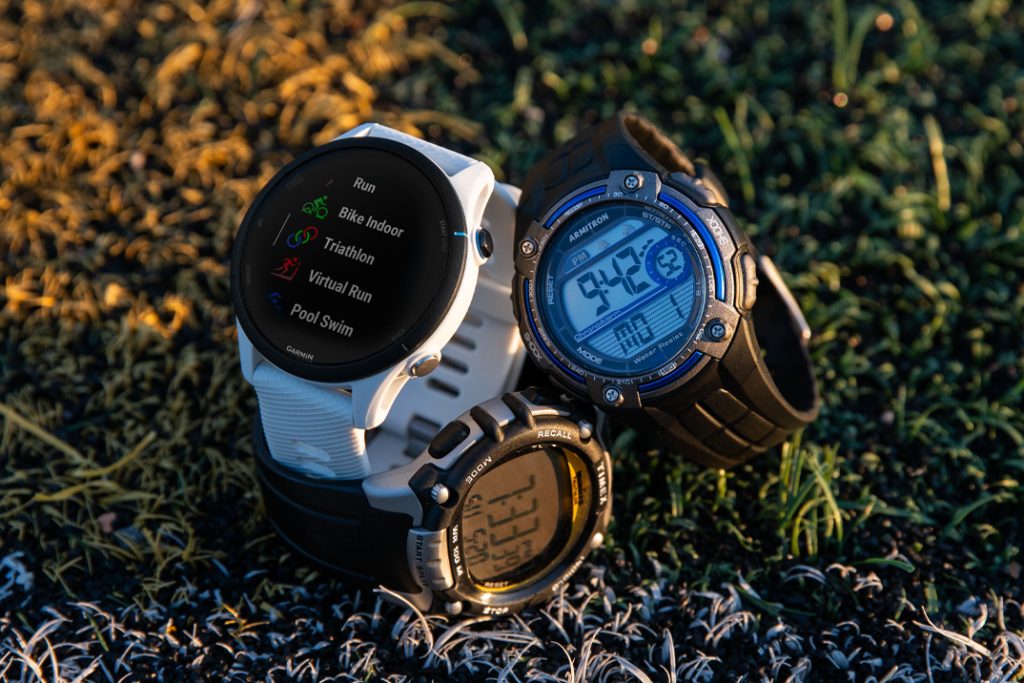blog
The Role of Watches in Sports: Precision and Performance
Watches have been a symbol of precision, luxury, and craftsmanship for centuries, but their role in sports is equally important. Whether it’s timing a sprint, tracking an athlete’s performance, or measuring the success of a crucial play, watches have become indispensable tools in the world of sports. From the early days of timing events with pocket watches to the advanced smartwatches used by professional athletes today, timepieces play an essential role in sports, combining functionality with performance.
This article will explore the role of watches in sports, focusing on their evolution, how they enhance performance, and why precision in timing is vital for athletes and enthusiasts alike.
The History of Sports Watches
The relationship between watches and sports dates back centuries. In the early days of competitive sports, timing was crucial, yet rudimentary. Pocket watches, which were commonly used in the 19th century, were initially relied upon to time events. However, the need for more accurate and convenient timekeeping led to the development of specialized sports watches.
The transition from pocket watches to wristwatches in the 20th century marked a significant turning point for sports enthusiasts. With the increased popularity of sports like racing, swimming, and track and field, athletes and coaches sought timepieces that could withstand the rigors of athletic performance while maintaining accuracy.
One of the first breakthrough moments in the history of sports watches occurred in 1933, when Omega introduced the first chronograph wristwatch. This marked the beginning of an era where sports watches were designed not just for timekeeping, but for precision timing in fast-paced, competitive sports. Chronographs allowed athletes, coaches, and officials to record elapsed time down to fractions of a second.
As the 20th century progressed, the demand for more sophisticated sports watches grew, leading to the creation of diving watches, racing watches, and even watches designed for extreme sports. These specialized timepieces became symbols of performance and durability, built to withstand the pressures of demanding sports environments.

The Importance of Precision in Sports
In the world of sports, precision is paramount. Athletes rely on precise timing for performance metrics, training goals, and race outcomes. In fact, the difference between winning and losing can often come down to milliseconds. As a result, sports watches have evolved to offer ultra-accurate measurements, with some watches able to measure time to 1/100th of a second or even smaller increments.
1. Competitive Racing
In competitive racing, whether it’s Formula 1, cycling, or athletics, precision timing can be the difference between victory and defeat. Timers are used not only to record the elapsed time for individual performances but also to ensure that start and finish times are measured accurately.
Formula 1 racing, for example, requires watches that can record lap times with incredible accuracy. The need for precision is so critical that advanced systems such as GPS and telemetrics are used to gather real-time data from each car, but the driver’s watch often plays a key role in their understanding of race conditions and performance during pit stops.
2. Swimming and Track & Field
In sports like swimming and track & field, where athletes aim for personal bests or world records, precise timing is essential. The difference between a gold medal and a silver medal can often be fractions of a second. In these sports, stopwatches and chronographs are used to measure times accurately, often down to 1/100th or 1/1000th of a second.
For example, during Olympic races, every second counts. To ensure fairness and precision, officials use high-tech timekeeping systems alongside wristwatches to record times. This technology allows for split-second accuracy that provides athletes with the information they need to adjust their performance and compete at the highest level.
3. Endurance Sports and Fitness Tracking
Endurance sports, such as marathons, triathlons, and cycling, have also benefited from the integration of sports watches. These watches are designed to help athletes track their progress over long distances, monitor heart rates, and measure calories burned. Modern sports watches are equipped with GPS and heart rate monitors, providing real-time data to optimize an athlete’s training and performance.
Fitness enthusiasts also rely on these watches to monitor their activities, track improvements, and maintain optimal performance levels. Whether it’s running a 5k, completing a high-intensity interval training session, or going for a swim, sports watches offer valuable feedback that can help individuals improve their physical performance and achieve fitness goals.
The Role of Smartwatches in Sports
While traditional sports watches have long been the staple for athletes, the introduction of smartwatches has revolutionized the sports world. Smartwatches combine the functionality of a traditional timepiece with the advanced technology of modern digital devices. These watches are capable of offering more than just the current time—they can track physical activity, monitor health metrics, and even assist athletes with performance analysis.
Smartwatches like the Apple Watch, Garmin Forerunner, and Fitbit have become an integral part of sports training for amateur and professional athletes alike. Some of the key benefits of smartwatches in sports include:
1. Real-Time Data Tracking
Smartwatches provide athletes with immediate feedback on their performance. These devices can monitor vital signs such as heart rate, body temperature, and oxygen saturation levels. They also track physical activity metrics like steps taken, calories burned, and even stress levels.
For example, a runner can monitor their pace, heart rate, and running cadence in real time using a smartwatch, which can help adjust their strategy during a race or training session. The watch might even provide feedback on when to speed up or slow down based on the athlete’s current metrics, enhancing the training process.
2. GPS and Navigation
Smartwatches equipped with GPS allow athletes to track their routes and measure distance with great accuracy. This is especially useful for outdoor sports like running, cycling, or hiking. GPS tracking also enables athletes to explore new routes without worrying about getting lost, providing confidence in their training and performance.
For cyclists and runners, having a watch that can track distance and speed is crucial for measuring progress, setting goals, and optimizing training. The real-time location tracking also ensures that athletes can monitor their performance over time and identify areas of improvement.
3. Advanced Performance Analytics
Another significant advantage of smartwatches in sports is the ability to access in-depth performance data. Smartwatches can analyze various metrics, such as stride length, ground contact time, and cadence, giving athletes detailed insights into their physical condition. These metrics can help fine-tune training routines and allow for better recovery by indicating when the body is overexerted.
For example, runners can use a smartwatch to assess running efficiency by looking at metrics like vertical oscillation (the up-and-down movement of the body), ground contact time, and balance. This feedback is invaluable for athletes aiming to improve their form and reduce the risk of injury.
Watches for Specific Sports
Certain sports require specialized watches that cater to the specific demands of the activity. Whether it’s for diving, tennis, or golfing, specialized sports watches offer tailored features to enhance performance.
1. Diving Watches
Diving watches are designed to withstand the extreme pressures of underwater environments. These timepieces feature high water resistance, rotating bezels to track dive time, and luminous hands for visibility in low-light conditions. Many modern diving watches are also equipped with depth sensors and dive computers, which help divers track their depth and time underwater to ensure safety.
2. Golf Watches
Golf watches are equipped with GPS functionality, providing golfers with accurate distances to the hole, hazards, and greens. These watches also offer features like shot tracking, swing analysis, and even heart rate monitoring, allowing golfers to analyze their performance and improve their game.
3. Tennis Watches
Tennis watches are designed to track performance metrics specific to tennis, such as stroke count, shot accuracy, and movement on the court. These watches often incorporate motion sensors and GPS to track a player’s movements and shot efficiency, providing valuable feedback that can help improve their technique.

Choosing the Right Sports Watch
When selecting a sports watch, it’s essential to consider the type of sport you participate in and the features you require. Here are some key factors to keep in mind:
1. Durability
Sports watches need to be durable enough to withstand the physical demands of your activity. Look for watches that are water-resistant, shock-resistant, and built with rugged materials like stainless steel or titanium.
2. Functionality
Consider the specific features you need for your sport. For example, if you’re a runner, a watch with GPS tracking and heart rate monitoring will be beneficial. Cyclists may need a watch with cadence tracking and elevation data, while swimmers may prioritize water resistance and stroke analysis.
3. Comfort
Comfort is key when choosing a sports watch. Ensure that the watch fits securely on your wrist without causing discomfort during extended periods of wear. Adjustable straps and lightweight designs are ideal for athletes who need a watch they can wear for long periods without distractions.
Conclusion
The role of watches in sports is critical for ensuring precision, optimizing performance, and enhancing athletic experience. From the early days of pocket watches to the high-tech smartwatches of today, the evolution of sports timepieces has paralleled the growing complexity and demands of sports. Whether you’re an elite athlete or a weekend warrior, a high-performance watch can offer you the precision and data you need to elevate your game. With features like GPS tracking, heart rate monitoring, and advanced performance analytics, sports watches have become essential tools for anyone serious about their fitness and sports goals.
In the fast-paced, competitive world of sports, precision is everything—and the right watch can make all the difference.

